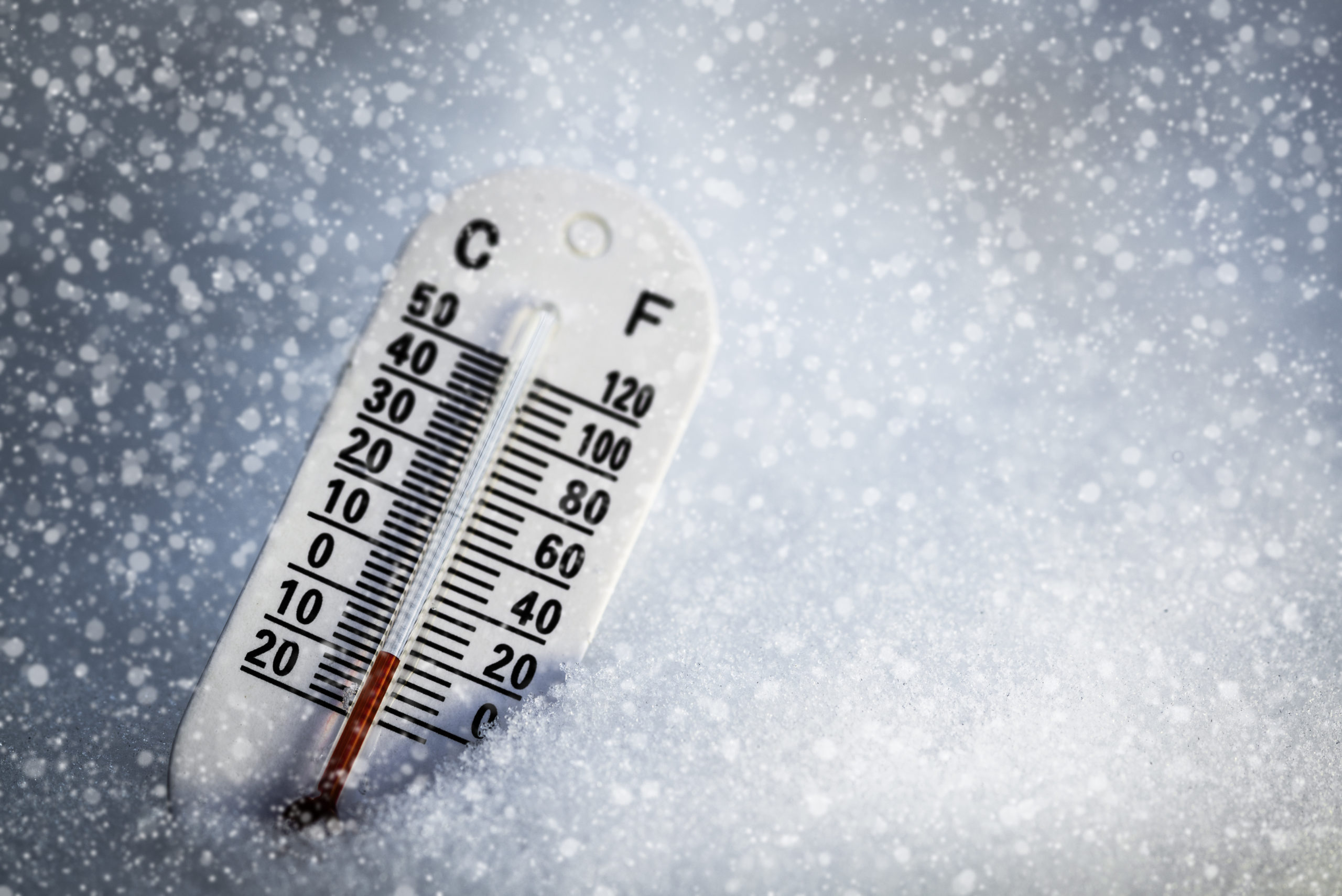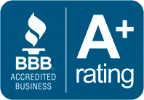Below are essential steps to ensure your building’s heating fuel setup is winter-ready:
Secure Your Fuel Supply (Don’t Run Out)
The first priority is making sure your building will have enough fuel throughout the winter. By law, NYC building owners are required to maintain heat during the “heat season,” so running out of heating oil is not an option. To ensure timely fuel supply, consider enrolling in automatic heating oil delivery with your oil provider. Automatic delivery service will track your tank levels and usage patterns to refill fuel as needed, preventing dangerous run-outs. Many full-service fuel companies use data or tank monitors to refuel before tanks get low. If you prefer managing deliveries manually, be diligent in checking tank gauges and reorder oil well in advance of empty – but automatic scheduling is the safest bet to guarantee consistent heat. Essentially, treat heating oil as a critical utility for your building: plan deliveries ahead of snowstorms or cold snaps, and have a backup contact for emergency oil delivery just in case. Maintaining adequate fuel at all times will keep your tenants warm and in local law compliance with city heat requirements.
Perform a Heating System Tune-Up
Before winter sets in, schedule any needed maintenance for your boiler/furnace and burner. A well-tuned heating system not only operates more reliably (reducing the risk of breakdowns in sub-freezing weather), but it also burns fuel more efficiently, saving you money on oil consumption. In an annual tune-up, a technician should replace the oil burner nozzle and filters, clean the heat exchanger, check and adjust the burner’s combustion settings, and verify all safety controls. It’s wise to book this maintenance service in the early fall, before the first big cold wave – heating service companies get very busy later, and you don’t want to be caught competing for an appointment during the first deep freeze. Additionally, bleed any air from radiators (in steam/hot water systems) and make sure distribution pumps and valves are working so that heat is balanced across the building. A pre-winter tune-up and system check will ensure your boiler is running at peak efficiency and help prevent mid-winter failures. Many NYC buildings opt for a service contract with a full-service fuel company to handle both fuel delivery and routine maintenance in one package.
Inspect and Prepare Fuel Storage Tanks
Along with the boiler, give attention to your oil storage tank and fuel delivery system. Inspect the tank (or have it professionally inspected) for any signs of problems: look for rust spots, wet streaks or drips, or any odor of oil which could indicate a small leak. For above-ground tanks, ensure the tank’s foundation and legs are sturdy – no bending or wobbling – as any instability could lead to a failure when the tank is full and heavy. Check that the vent pipe and fill pipe are clear and in good condition: vents must not be blocked by debris or paint, and they should have a functioning vent alarm (whistle) to prevent overfills. It’s also recommended to drain any water or sludge from the tank if accessible; over the offseason, condensation can introduce water that settles at the bottom and contributes to corrosive sludge. In fact, industry experts advise cleaning out your oil tank every few years to remove sludge buildup – for example, Energo advises a thorough tank cleaning every 3–5 years, including flushing out sediment and verifying there are no leaks. If your building’s tank hasn’t been cleaned in many years, doing so before winter can prevent fuel filter clogs and ensure you’re using the full tank capacity. Taking these steps to secure the tank and fuel lines will reduce the risk of leaks, spills, or fuel flow issues during the winter.
Ensure Compliance with NYC Fuel Regulations
Winter prep is a good time to double-check that your building’s heating fuel system complies with NYC laws – especially if you have an older system. As noted earlier, No. 4 fuel oil is being phased out in NYC: a 2023 law accelerated the deadline, and by July 2027 all buildings must stop using No. 4 oil. If your building still uses No. 4 (a blend of heavy oil and diesel), you should be making plans now to convert to an approved fuel, such as No. 2 oil (ultra-low sulfur) or converting to natural gas. The winter before a conversion is a good time to budget and line up contractors for that project. Also be aware of the biofuel blending requirements – as of 2025, all heating oil sold in NY must contain at least 10% biodiesel (B10), increasing to 20% by 2030. Ensure your fuel provider is delivering compliant Bioheat (most in NYC are). Lastly, make sure you’re up to date on required boiler inspections (NYC requires annual low-pressure boiler inspections and tune-ups under local laws) and any emissions reporting if your building is large. A full-service heating partner can often assist with compliance: for instance, some companies (like Energo) offer guidance on Local Law 97 carbon emission rules, boiler permits, and other regulatory checkpoints. Staying ahead of these mandates as part of winter prep will keep your building both warm and law-abiding.
Optimize Thermostats and Controls
As a final step, take a look at how your building is managing heat distribution and control, as this can affect both comfort and fuel usage in winter. Calibrate your building’s thermostats and ensure any automatic control systems are programmed correctly for the colder months. In multi-family buildings, it’s common to have indoor temperature sensors or outdoor reset controls that regulate the boiler; verify these are functioning so you’re not wasting fuel by overheating the building. It’s also a good idea to communicate with tenants about the heating schedule and encourage energy-saving habits (like keeping windows closed, reporting any cold spots or radiator issues promptly, etc.). By tightening up controls – for example, setting night setbacks if appropriate or installing smart thermostats in common areas – you can prevent fuel waste. This saves money and reduces strain on your heating system during the peak of winter. In summary, preparing a NYC building for winter means ensuring you have ample fuel supply, a well-maintained heating system, a sound tank, compliance with local laws, and optimized heat controls. With these essentials covered, you can be confident that your property will stay safe and warm through the cold season.
Contact us today to see how we can help you with your building!






Preparing Your NYC Building for Winter: Heating Fuel Essentials
As cold weather approaches, building owners and property managers in NYC must get their heating systems and fuel supply ready for winter. Harsh New York winters and local regulations make it critical to be proactive.
Fast, Affordable Home Heating Oil Delivery in Queens
Queens winters can be unforgiving, and many households depend on residential heating oil to stay comfortable.